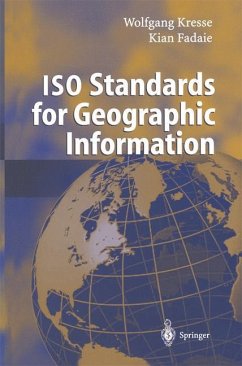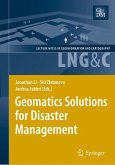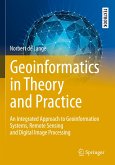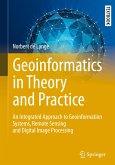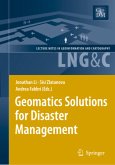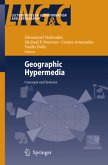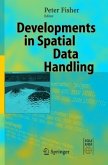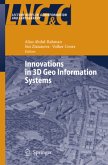The optional Introduction is an informal description of the content of the standard. It should enable a new reader to evaluate whether the standard is relevant for a given purpose or not. Scope The scope defines without ambiguity, the subject of the document and the aspects covered, thereby indicating the limits of applicability. The scope shall be succinct so that it can be used as a summary for bibliographie purposes. The scope has to be approved by the plenary of the Technical Committee or Sub committee in order to align the fields of work of all standards of the family. Conformance The "Conformance" clause is only required in some standards in the Information Technology field. This clause shall enable a user to test a product on compliance with the ISO standard. Normative references, Terms and definitions, Symbols and abbreviated terms The "Normative references" clause provides a list of the referenced documents cited in the document in such a way as to make them indispensable for the applica tion of the document. The "Terms and definitions" clause refers to the terminology of the standard. In families of standards like the ISO 19100 it is recommended that one keep track of the terminology of all member standards of the family as a whole. The "Symbols and abbreviated terms" clause is filled as far as necessary for un derstanding the standard. Basic elements The basic elements contain the provisions of the standard. They are ordered in clauses, subclauses, and paragraphs.
From the reviews:
"The work of ISO/TC211 in the field of geographic information standards is becoming known to many in the industry ... . This book ... is a further attempt to explain what is happening and to provide a source of reference material. ... In summary, the book contains a vast amount of information that provides an invaluable reference volume. ... the book will serve its intended market well and lifts the veil a little more on the world of GI standardisation."
(Iain Greenway, Geomatics World, Vol. 13 (1), November/December, 2004)
"The book addresses scientists and technical experts who have already some background knowledge in Geographic Information Systems (GIS) and who want to know more about standardisation in GIS ... . The authors also meet the needs of programmers who are going to implement ISO 19100 standards ... . Last, but not least, this richly illustrated book will help readers to better understand the rather abstract ISO documents."
(Geomatik Schweiz/Geomatique/Geomatica, Vol. 102 (5), 2004)
"The work of ISO/TC211 in the field of geographic information standards is becoming known to many in the industry ... . This book ... is a further attempt to explain what is happening and to provide a source of reference material. ... In summary, the book contains a vast amount of information that provides an invaluable reference volume. ... the book will serve its intended market well and lifts the veil a little more on the world of GI standardisation."
(Iain Greenway, Geomatics World, Vol. 13 (1), November/December, 2004)
"The book addresses scientists and technical experts who have already some background knowledge in Geographic Information Systems (GIS) and who want to know more about standardisation in GIS ... . The authors also meet the needs of programmers who are going to implement ISO 19100 standards ... . Last, but not least, this richly illustrated book will help readers to better understand the rather abstract ISO documents."
(Geomatik Schweiz/Geomatique/Geomatica, Vol. 102 (5), 2004)

